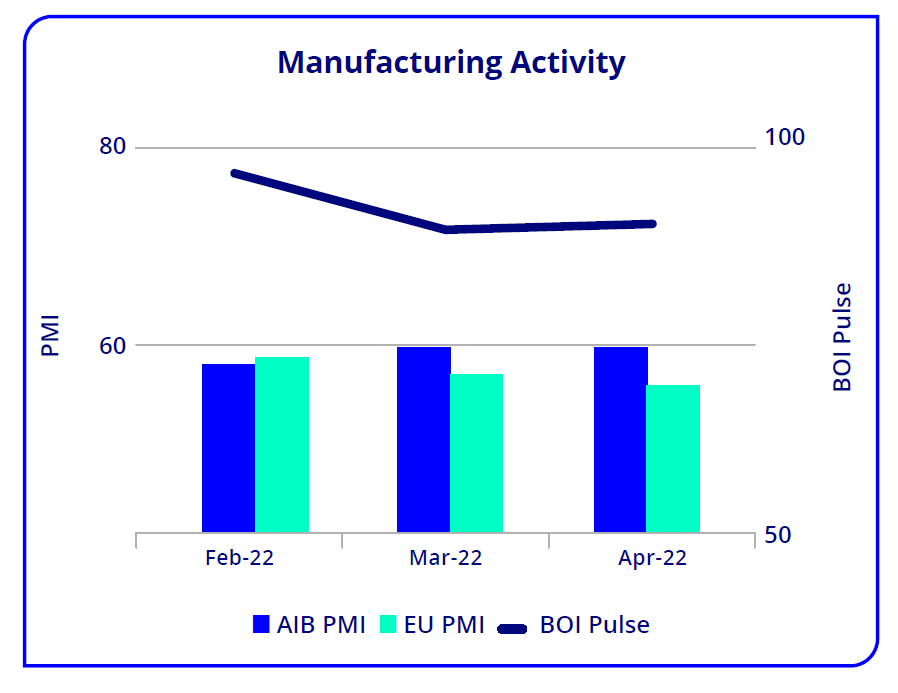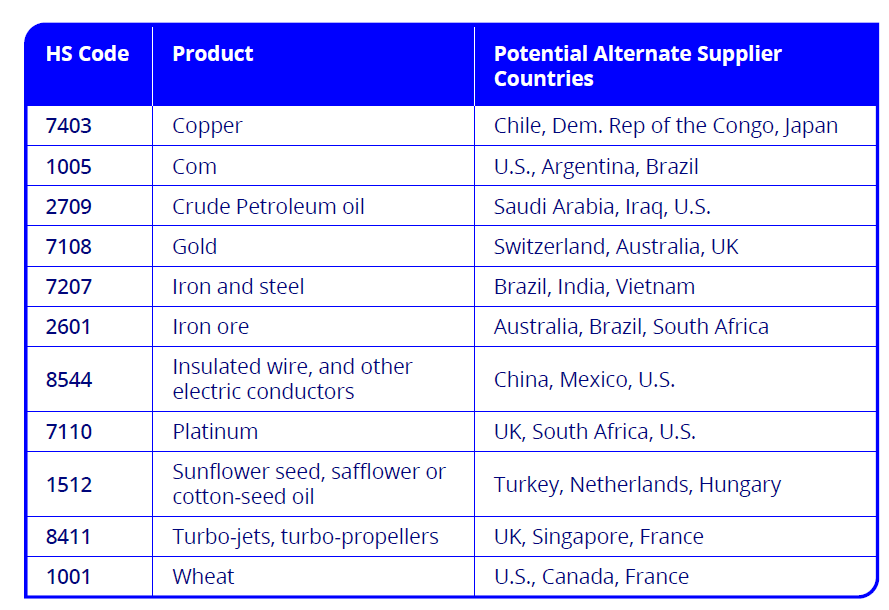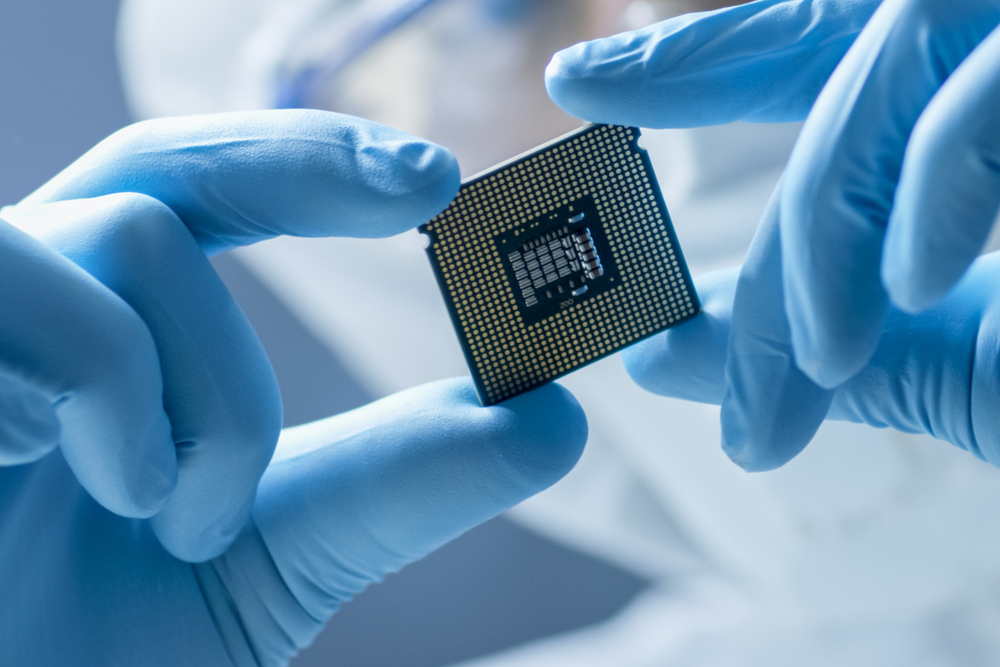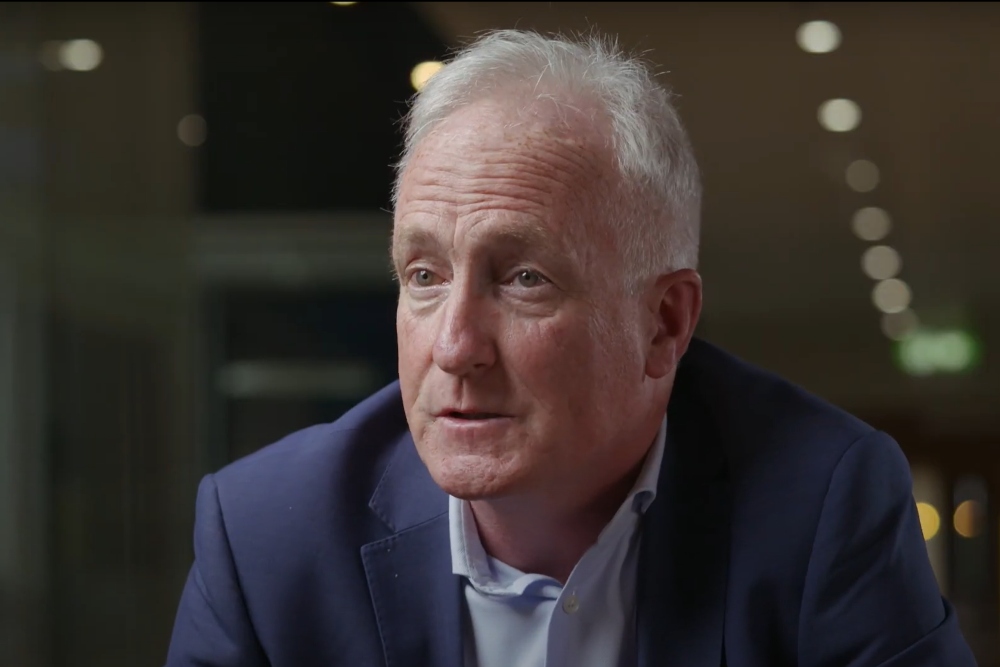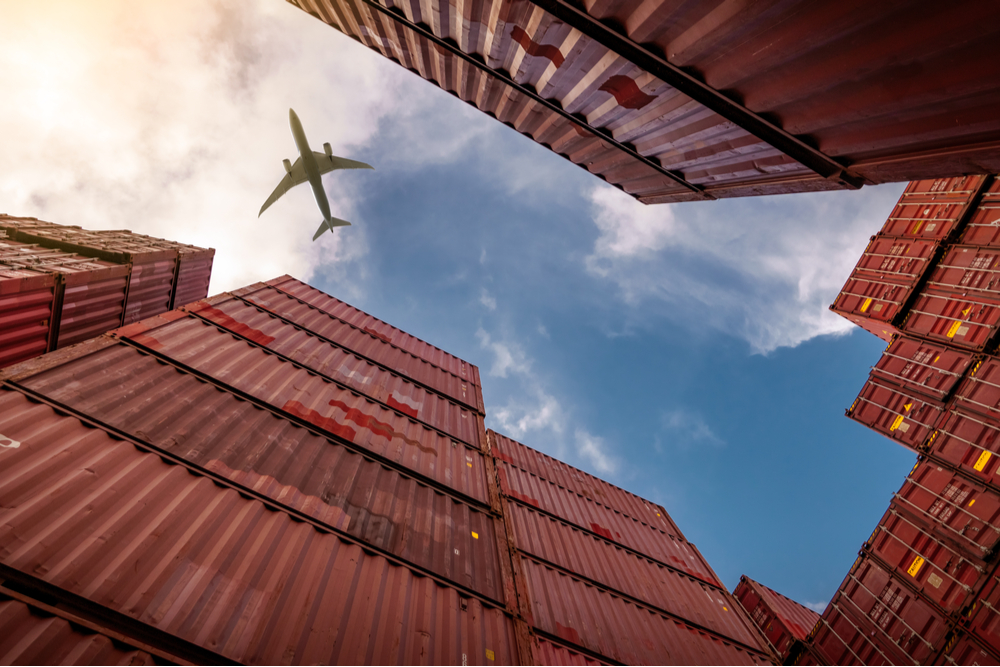Irish manufacturing outperforms its European peers despite stronger headwinds, writes head of Manufacturing Sector at Bank of Ireland Conor Magee.
Irish manufacturing indicators for April 2022 remained resilient despite the headwinds of inflation, Russia – Ukraine conflict, the associated sanctions and China lockdowns.
Bank of Ireland Industry Pulse for April was 90.1 up from 89.5 in March. AIB Irish Manufacturing Purchasing Manager’s index (PMI) for the manufacturing sector eased downwards to 59.1 from 59.4 in March.
“With business confidence waning, more businesses are likely to adopt a wait and see approach before embarking on significant expansion plans”
While both indicators underline continued robust growth in the sector on the back of strong order books and output levels, signs are that given the current global volatility in supply chains, enterprises are moderating their growth ambitions for the remainder of the year.
With business confidence waning, more businesses are likely to adopt a wait and see approach before embarking on significant expansion plans.
The overall outlook for the Irish economy remains strong, with GDP forecasted at a healthy 6% down from a bumper 2021 of 13.5%.
In contrast EU PMI data for April paints a less optimistic picture. EU PMI fell to a 15 month low in April to 55.5 down from 56.5 in March. While above 50 and therefore still in expansion mode, it signalled a sustained loss in growth momentum with the headline PMI number falling for the third month running.
Of particular concern and noteworthy is that Germany slipped into contraction territory for both new orders and output for first time since June 2020. This is likely driven by the automotive sector which dominates German manufacturing at 24% of industry revenue and continues to be hampered by factory shutdowns resulting from chip and wire harness shortages.
While output sentiment recovered slightly from a 15 month low in March, the overall sense is that Eurozone manufacturing is bracing itself for a challenging period of supply chain disruptions, declining production outputs and continued inputs price inflation. Irish manufacturing exports to EU accounted for 38% of total in 2021 or €56bn.
The commodity challenge
The conflict in Ukraine has brought into sharp focus how reliant manufacturing is on secure commodity supplies to safeguard their tier one supply chains.
“One Irish SME has substituted box steel sections with in-house rolled galvanised profiles”
It takes only one weak, and sometimes a hidden link to disrupt a supply chain. According to Dun and Bradstreet, there are 14,745 tier 1 and 7.6 million tier 2 relationships with Russian entities with 374,000 and 241,000 global business relying in some way on Russian suppliers and Ukrainian suppliers respectively.
From neon gas for semiconductors, to palladium for automotive, to nickel for stainless steel and batteries, the fault lines are varied and complex.
No longer is it enough to identify a shortage of packaging- manufacturing must look beyond to the paper and timber suppliers to secure that input. The good news is that Irish players are active in this area with a recent online supply chain forum suggesting that about 60% are actively reviewing risks to tier 2 and tier 3 suppliers.
There are of course alternative sources for many commodities as shown in the table to the left.
That being said, the next commodity challenge coming down the tracks relates to China’s dominance in key minerals. China has been quietly and strategically growing its presence in the refining of key minerals many of which are critical to the green economy and electrification. They currently process 68% of global nickel, 73% of cobalt, 59% of lithium, 93% of manganese and 100% of graphite.
Perhaps the most effective way to de-risk these exposures is with input substitution. A recent ingenious example of same is one Irish SME who has substituted box steel sections with in-house rolled galvanised profiles.

